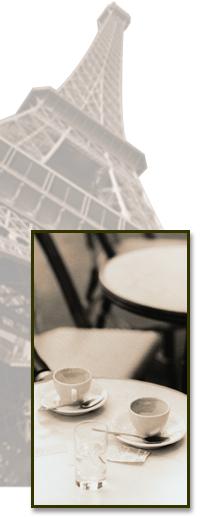The First Brush
I have been a student of religion since I can remember. Indeed, one of my definitions of a human is "an animal with the desire for enlightenment," or if you prefer, "Truth". To me, humanity is defined as a quest for the divine.
My parents were spiriritual but not religious. They didn't go to church except on special occasions, usually involving somebody else's wedding. Despite this, they sent me to a Catholic school taught by monks of the Augustinian Order. My school formed in me a respect and awe of the ritual, pageantry, history and tradition of the Church.
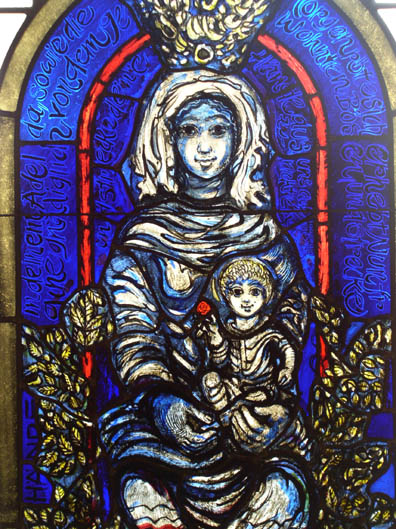
In my senior year, I had a long conversation with my school's Chaplain about the possibility of my attending seminary. I felt called to the priesthood, and perhaps more significantly, called to the monastery. The chaplain and I had a series of conversations about faith and vocation. Eventually, he asked me to meet him in his office so could discuss baptism, never mind ordination.
He had for me, he said, just one question.
Thinking like a typical student, I thought to myself: "a test!" I threw myself into my studies. For a week, I was a regular theological machine.
I went into the Chaplain's office for the appointment. It was small, containing only a desk and a few chairs. There might have been a bookcase. I sat down, nervous but resolved. I would fulfill my destiny in the monastery; I would be a monk. The Chaplain sat on the edge of the desk and asked me one question.
"Do you believe?" he asked.
I looked him straight in the eye and with determination and conviction said "no."
I surprised myself; it had simply not occurred to me before that I didn't believe a word of Christianity. It was a revelation to me, perhaps my first real religious experience.
We sat a long time in silence, the Chaplain and I, before I left. The Chaplain didn't seem to be fazed by any of this, but I was astonished, for the calling was still there. I was still called to ... something.
Twenty Years in the Wilderness
For the next twenty years, I sought Truth.
This voyage brought me through Taoism (where I admired the mysticism), Confucianism (where I admired the strictures of behaviour and ritual), and to Paganism (where I sought, and failed to find, a synthesis of the two).
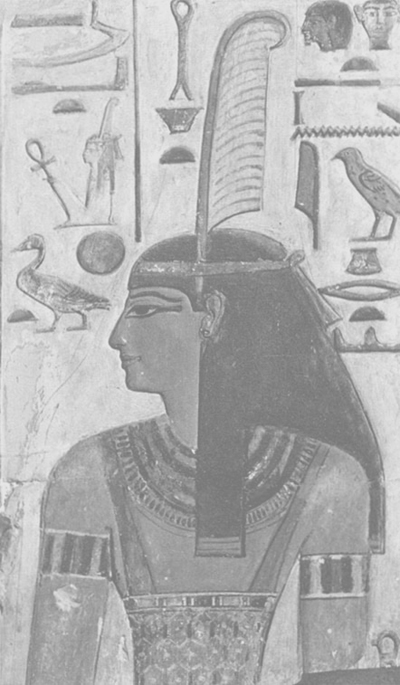
I'd been Kemetic since about 1995 or so, when I had a profound religious experience that literally saved my life. In recent years, I've been involved with Per Ankh, a Kemetic temple and school.
We had a falling-out. This was precipitated by me and by my reluctance to adapt to a learning style that requires unquestioning obedience. I'm firmly Socratic in that I learn by questioning, and when I don't understand something I require clarification.
Unfortunately, this escalated during a period of several weeks to attacks on my self-identity, both as a person and as a writer. It was only after my teachers insisted that I destroy a poetic manuscript based on The Instruction of Amenemope (and my compliance), that I realized that something had gone Horribly Awry® here.
So I left. I sent a resignation letter, and at the request of one of my teachers a second, more explicit explanation of my reasons. I was respectful (I think), but firm. I have never received a reply. Two follow-up letters similarly remain unanswered.
I still have friends who are associated with this organization, friends who believe in what they're doing, and this has been a source of some tension between us. I sincerely hope that we can put this behind us, because I have nothing but love and respect for those I have met on this path.
Afterwards, and for several months, my faith was more alive to me than it had been for a long, long time.
But the questions that I had been suppressing, or that I had been told must remain unanswered, ate at me. Eventually, huge ropey strands of my belief structure began to unwind. I was adrift.
Out of Egypt
Each person's philosophical or religious journey for meaning is, by definition, an intensely personal one. All faith is experiential: I can't prove my faith to you, and you can't prove yours to me, unless the hearer is at the specific moment in their life when that message can be heard.
On the 15th of August, 2004, my fiancé Francine and I were walking through the neighbourhood, when we passed in front of St. Patrick's Church. The doors were open, and we could hear the singing of the closing hymn. It was utterly captivating. We walked in and grabbed the Church Bulletin before continuing our walk.
We discussed faith and Church as we wandered about. We had both gone to Catholic schools, she in New York and I in Chicago, and the singing had evoked in both of us a powerful feeling of "home".
So we went home, got dressed, and came back for the next mass. It was the Feast of the Assumption. The service was emotionally powerful to me in a way I'm having trouble expressing. I was in tears by the end of it.
Just to make sure, we went back to mass the next day. On a whim, I picked up a book about St. Francis of Assisi, and his life and his words hit me powerfully. When we visited Francine's parents in Virginia two weeks later, we went to Sunday mass at the Church of St. Gregory the Great. The priest was amazing - Eastern European accent (Polish, I think), and the cadence of a Southern preacher. He called on everyone there to look into their hearts and convert.
Moved again to tears, I decided that this might be something to look into.
When we got back to Tacoma, I enrolled in RCIA.
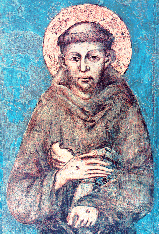
And here's the thing that still gets me - I do believe.
The whole twenty year winding road was worth it, because I believe.
I could not have intellectually and emotionally accepted the Church's teachings on any number of issues if I hadn't wrestled with similar teachings in the different faiths I explored.
For example, the doctrines of Trinity, Real Presence, not to mention the mythological identity of the "historical" books of the Bible (including two apparently mutually exclusive stories of cosmogenesis, neither of which has any basis in fact but, rather, in Truth), are all concepts that I found absurd until I had walked the Kemetic portion of my path and grappled with the issues of pluriform monotheism, incarnation, and a mythological world view.
I was baptised at the Easter Vigil in 2005.
Many people have welcomed me into the faith; Catholic, Orthodox, and Protestant. Most have used the same phrase, "welcome home". Catholics in particular are quite enamoured of the phrase; I've heard it from a "Christmas Catholic" and from a Cardinal. My favourite words of welcome, however, were from a friend of mine who simply said, "now you're a sinner with the rest of us".
Amen.
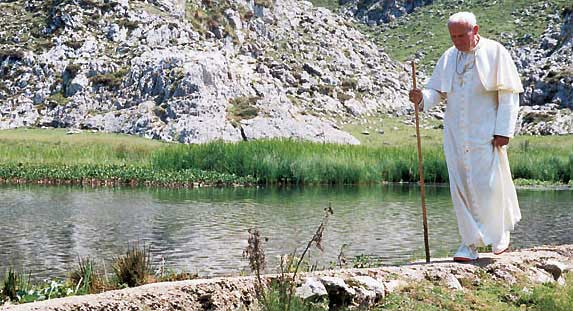
| 